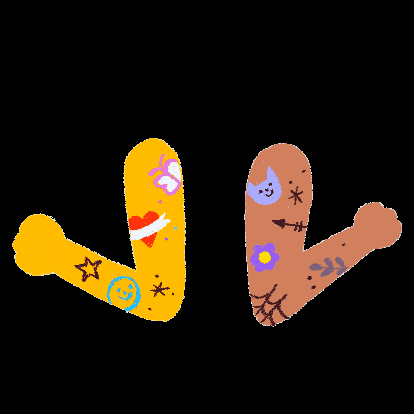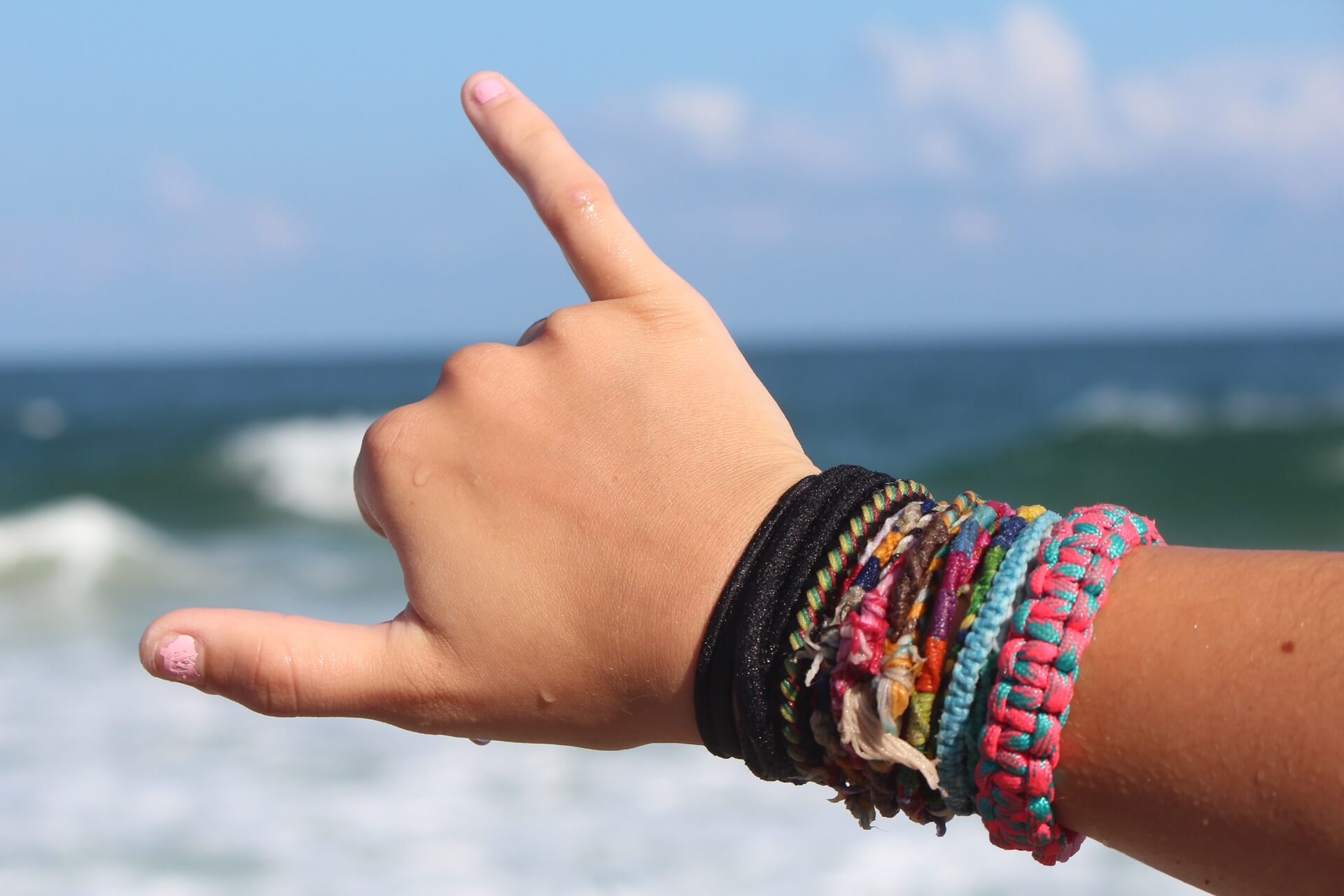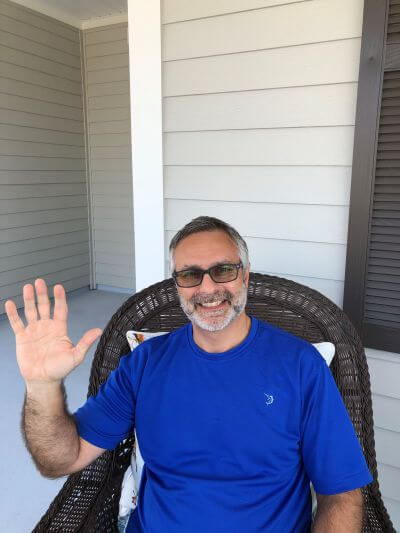Has the Handshake Finally Met Its Demise?

Habits can be hard to break – some being harder than others. Lately, breaking the habit of shaking someone’s hand has been extremely challenging for me. My habit of greeting friends or new acquaintances with a handshake goes back decades and is as ingrained as saying hello.
But in the era of the worldwide spread of COVID-19, we’re being advised by the World Health Organization (WHO) and the US Centers for Disease Control and Prevention (CDC) to avoid shaking hands and other greetings – both formal and informal.
From a Medical Perspective
It is a medical fact that shaking hands has the ability to transfer significant amounts of germs from person to person. That stands to reason, because we touch so many things all day long – some clean and some, well, not so clean. How did shaking hands become as ubiquitous as saying hello when greeting someone?
Historically Speaking
According to an article on History.com, the custom of shaking hands has been around for thousands of years. It started as a way to display peaceful intentions when strangers greeted each other. By extending their empty hands, they could show that they were not holding any weapons. The Romans took this further by grasping each other’s forearms to ensure no hidden knives or daggers were hidden up their sleeves.
We’ve come a long way since then. Today, handshakes are used a number of ways – upon greeting or departing, to congratulate, to express gratitude, and to signify agreement. The handshake is used in diplomacy, sports, business, and in everyday occasions. Consequently, we find ourselves at a crossroads as we deal with the spread of a highly contagious virus that can be propagated by handshake.
Alternative Greetings

Fist Bump
Whether by accident or design, other forms of greeting have been introduced in recent decades that resemble handshakes. The more common and most closely related to the handshake is the fist bump. It’s been universally used since the 70s, but it became very popular at the turn of this century. While it probably wasn’t adopted by everyone as a way to stop the spread of germs, research has shown that bumping fists transmits far less germs than shaking hands.

Elbow Bump
Another form of greeting has been bumping forearms, a long-time greeting of many athletes. More recently, I’ve been seeing the elbow bump as a way to greet, although elbow bumps have recently been deemed too intimate to maintain safe distances.

Shaka
Then there is my personal favorite, the Shaka – the “hang loose” gesture associated with Hawaii and the surfing culture.
Obviously, these are less-formal greetings. Can you imagine heads of state bumping elbows or doing the Shaka at the next G7 meeting? Perhaps we should adopt Asia’s customary greeting of simply bowing.
Back to My Dilemma
That brings me back to remembering the WHO and CDC guidelines of not shaking hands when I meet or greet people. It’s a hard habit to break! Admittedly, I occasionally still slip up and shake hands with people, but I’m getting better at using the Shaka and elbow bump (I haven’t given that one up yet), but maybe instead I’ll just smile and wave.

DAVID BEAULIEU, CHIA
Executive Director of Client Success
David Beaulieu is the Executive Director of Client Success at Total Customized Revenue Management (TCRM), the premier provider of a wide array of Revenue Management services. In this role, David is responsible for developing client relationships that promote retention and loyalty for TCRM by ensuring the smooth onboarding, activation, and offboarding of services for TCRM’s clients through the entire lifecycle of their contracts. Prior to this role, David served as Director of Client Services for TCRM, where he was responsible for leading TCRM’s branded revenue management services.
Having spent over 23 years in hotel revenue management, David has developed a strong set of skills with respected full-service brands in many markets. A successful leader and team builder in revenue management, David utilizes these skills to ensure TCRM’s clients are well served and generating strong performance results.
David began his career in hospitality with Hilton Hotels Corporation (Now Hilton Worldwide) and spent 11 years moving through a progression of roles and assignments. He has also worked at Loews Hotels & Resorts, as well as two award-winning third-party management companies, Davidson Hotels & Resorts and Crescent Hotels & Resorts. David is a four-year veteran of the U.S. Air Force and holds a bachelor’s degree in business administration from Columbus University.
